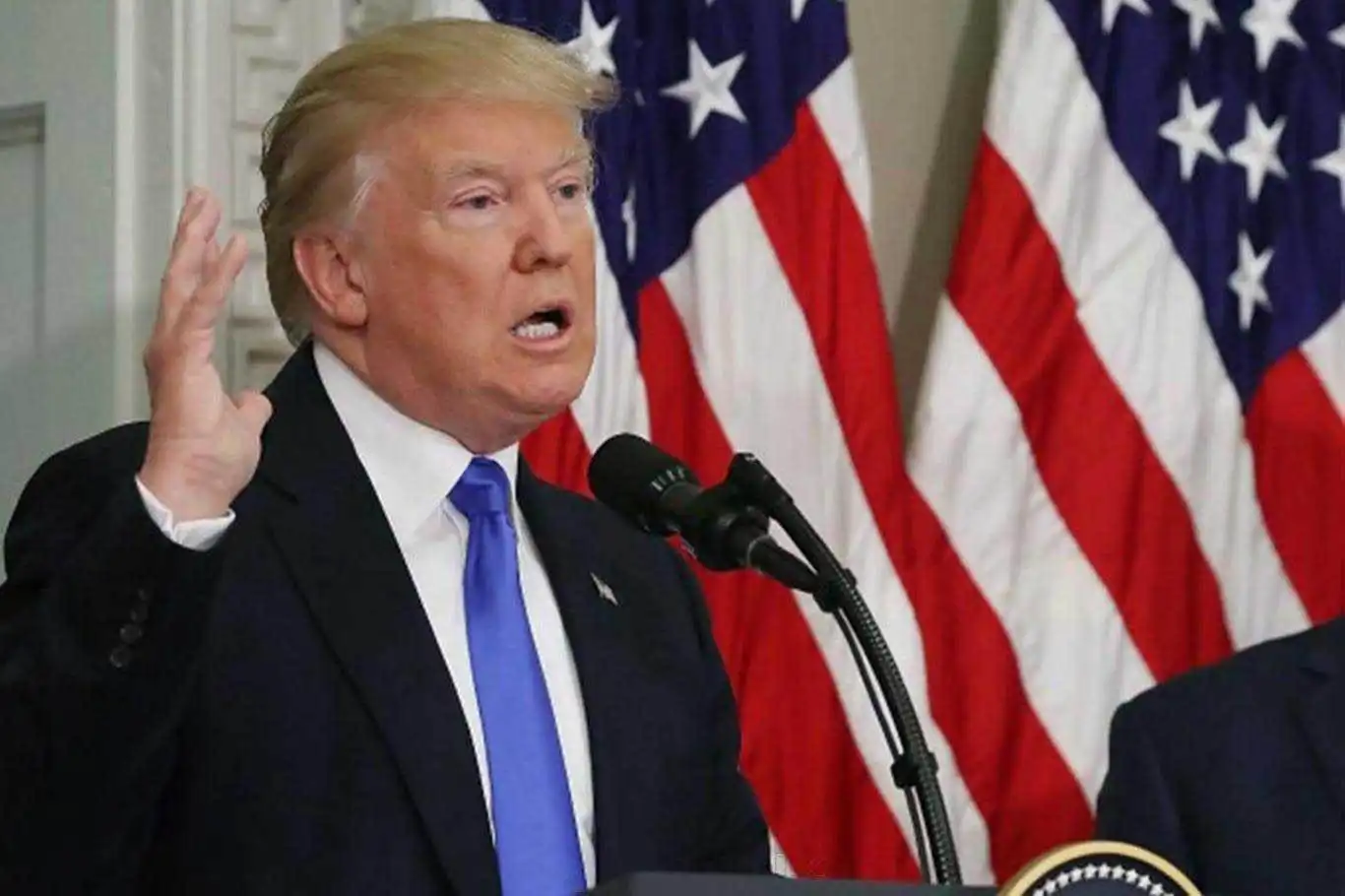Trump threatens to cut US funding to South Africa over land reform law


US President Donald Trump has announced plans to cut all future funding to South Africa over allegations that the country is confiscating land and "treating certain classes of people very badly."
His statement follows the recent signing of a bill by South African President Cyril Ramaphosa that allows for land expropriation without compensation in specific circumstances. The issue of land ownership has long been contentious in South Africa, where most private farmland remains in white ownership, 30 years after the end of apartheid. There have been ongoing calls for land reform to address past racial injustices.
President Ramaphosa responded to Trump's remarks in a statement on X, saying: "South Africa is a constitutional democracy that is deeply rooted in the rule of law, justice, and equality. The South African government has not confiscated any land."
He further explained that the new law was not a "confiscation instrument" but a "constitutionally mandated legal process" designed to ensure fair land redistribution as outlined in the country's constitution.
The law allows expropriation without compensation only in cases where it is deemed "just and equitable and in the public interest." This includes land that is unused with no plans for development, properties posing risks to the public, or instances where alternative solutions are unavailable.
In his post on Truth Social, Trump wrote: "I will be cutting off all future funding to South Africa until a full investigation of this situation has been completed!" He later told journalists that South Africa’s leadership was "doing some terrible things, horrible things" and that the situation was under investigation.
Ramaphosa noted that the primary funding South Africa receives from the US comes through the health initiative Pepfar, which accounts for 17% of the country’s HIV/AIDS program. US government data shows that South Africa received approximately $440 million (£358 million) in assistance from the US in 2023.
South African-born tech billionaire Elon Musk, who now serves as a Trump adviser, also weighed in on the issue. In a post on X, he challenged Ramaphosa, asking: "Why do you have openly racist ownership laws?"
Critics fear that the new law may have negative economic consequences, similar to Zimbabwe’s land seizures, which led to economic collapse and deterred investors. The South African government, however, maintains that its land reform approach is guided by legal principles and aims to address historical inequalities.
This is not the first time Trump has targeted South Africa over land reform. During his first term, he instructed then-US Secretary of State Mike Pompeo to investigate "farm seizures and expropriations and the large-scale killing of farmers." At the time, South Africa dismissed Trump’s claims as "misinformed" and accused him of seeking to sow division.
As tensions escalate, the future of US-South Africa relations remains uncertain, with South Africa defending its land policies and the US administration threatening financial repercussions. (ILKHA)
LEGAL WARNING: All rights of the published news, photos and videos are reserved by İlke Haber Ajansı Basın Yayın San. Trade A.Ş. Under no circumstances can all or part of the news, photos and videos be used without a written contract or subscription.
The death toll in Gaza has risen to 47,518, with the majority being women and children, since the start of the Israeli genocide in October 2023, according to medical sources.
In February 1982, the city of Hama, Syria, became the epicenter of one of the most brutal episodes in modern Middle Eastern history.
Several airports in the Astrakhan region of Russia have cancelled departures following a series of drone attacks on energy facilities carried out by Ukraine during the night leading into Monday.